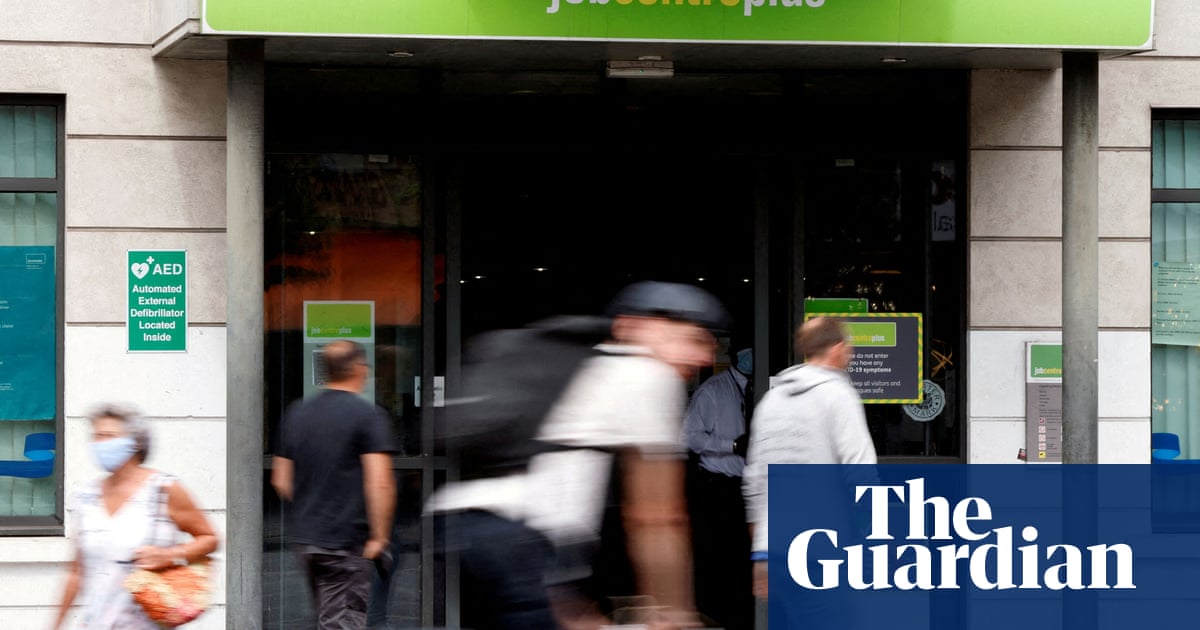Unemployment Rises and Wage Growth Slows in UK Labor Market
**Summary:** Unemployment in the UK rose unexpectedly to 3.9% in January, while wage growth slowed to 5.6% in the three months leading up to January. This data reflects a broader economic slowdown, with employers cutting back on hiring new staff.

Summary: Unemployment in the UK rose unexpectedly to 3.9% in January, while wage growth slowed to 5.6% in the three months leading up to January. This data reflects a broader economic slowdown, with employers cutting back on hiring new staff.
The UK labor market is showing signs of weakness as unemployment rates have unexpectedly risen to 3.9% in January, up from 3.8% in December, according to the Office for National Statistics. Additionally, annual average wages growth, including bonuses, fell to 5.6% from 5.8% in the previous month. This trend indicates a broader slowdown in the economy, which is further reflected in the decrease in the number of advertised vacancies by 43,000 to 908,000 over the same three-month period.
Bank of England's Response
City economists had anticipated unemployment to remain flat, and pay growth to slow to a more modest 5.7%. However, the unexpected rise in unemployment and the decline in wage growth are likely to prompt the Bank of England to consider reducing interest rates. The bank has been waiting for signs of slowing wage growth before making any moves and is expected to use these figures as justification to begin that process this year.
Economic Outlook and Challenges
While recent surveys have shown UK businesses regaining confidence in the economic outlook, the rise in inflation to 4% has led to employees receiving pay rises above the rate of inflation. This poses a challenge for employers, as they may struggle to find staff, leading to a gradual decline in wage growth in the coming months.
Impact on the Labor Force
The rise in the number of people leaving the labor market, mostly due to ill-health, is a concerning trend. Tony Wilson, the director of the Institute for Employment Studies, pointed out that there are over half a million more people out of work compared to before the pandemic. This is driven by more young and older individuals outside the labor force, with many citing long-term health conditions as the reason for not working.
Government Response and Call to Action
Chancellor Jeremy Hunt highlighted that the government's plans to increase incomes are working, with real wages rising for the seventh consecutive month. However, Wilson emphasized the need for a different approach to reaching and engaging with individuals who are out of work and may want to return to the workforce. He stressed the importance of making employment services more accessible, inclusive, and supportive, while also encouraging employers to do more to retain employees and provide opportunities for those in need of support.
Hey there, I'm Mohamed Rahat, your go-to writer for all things business and economy. Originally from Mumbai, now rocking it in Navi Mumbai. With a past life at Tata Power Co. Ltd., I'm here to unravel the mysteries of the economic world, one article at a time. Stick around for some mind-bending insights! Connect With Me